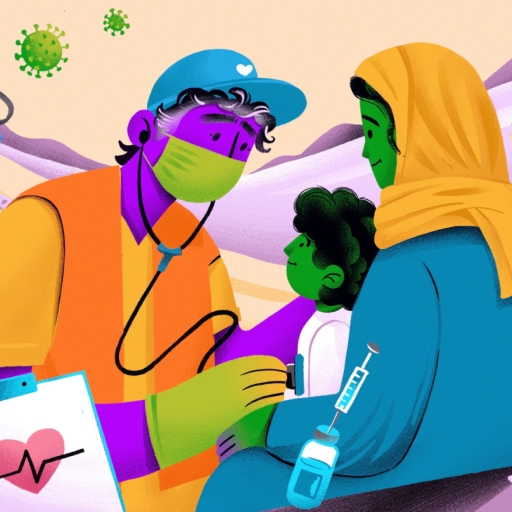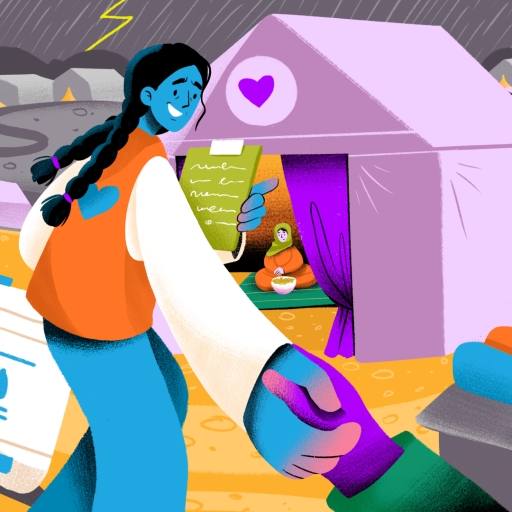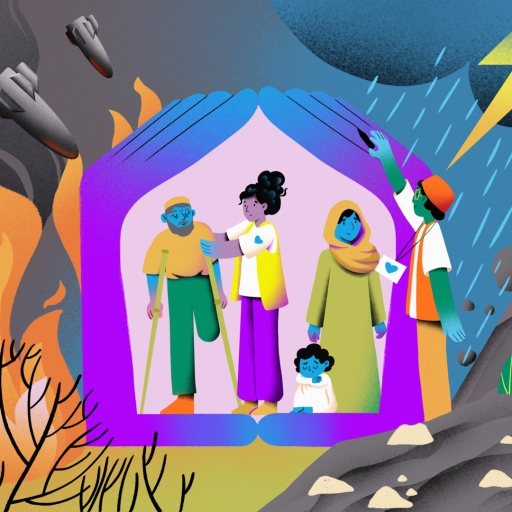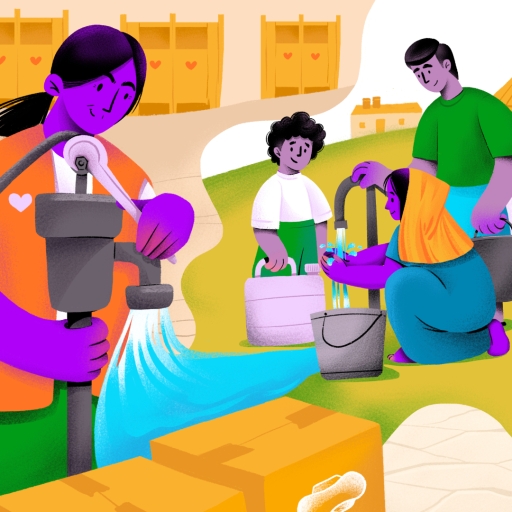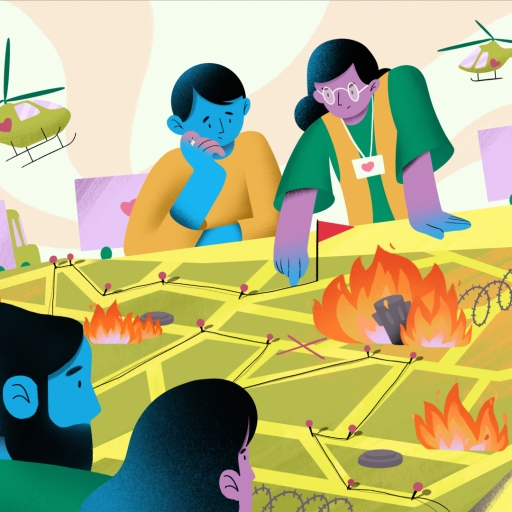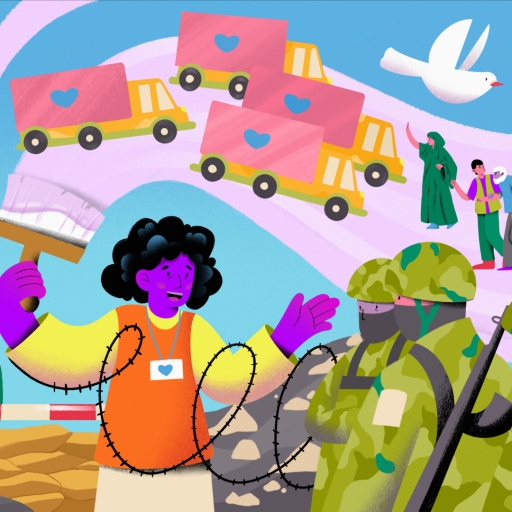The Data Analyst

During an emergency, humanitarians need up-to-date, reliable and accurate data and information to make well-informed decisions. Likewise, crisis-affected communities need access to information that enables them to find assistance and decide their next steps.
Humanitarian data and information analysts gather, analyse and publish data and information so that humanitarians can understand the context of a crisis, people’s needs, the locations and demographic make-up of affected communities, and which organizations are providing assistance.
Today, analysts can even predict shocks such as droughts or floods and their humanitarian impact. Using this information, they can help communities prepare to stave off the worst. As humanitarian organizations collect, process and use increasingly large volumes of data, including sensitive personal and non-personal data, data security is now vital.



